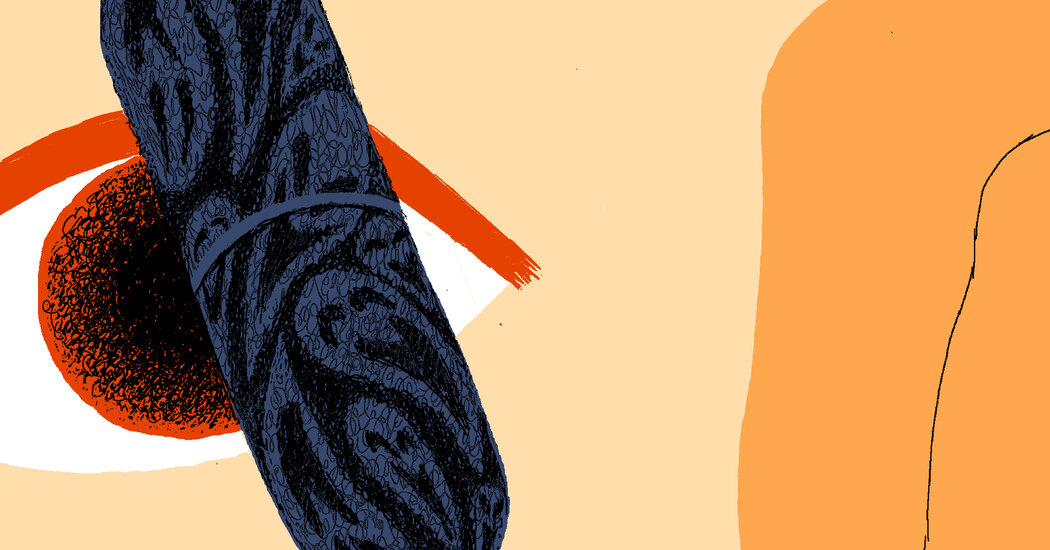‘Black Pill’ and the Dark Anarchy of Our Political Moment

I found out during a live comedy show that the former president had been shot at. My phone was locked in a pouch and when the first comic told the audience that Donald Trump appeared to have survived an assassination attempt, we couldn’t tell if it was a bit. The second comic confirmed what the first one said, and joked that if this had happened in another era, they probably would have canceled the show. But at this point we’re all so primed for political chaos and inured to news of fresh violence that the audience — including me — barely reacted. In our defense, none of it seemed real.
When I walked out of the theater two hours later, got my phone out of the pouch and looked at social media, there was already a flood of conspiracy theories gaining traction: From the left, that the shooting had been staged. From the right, that it was the result of a deep-state plot. Alongside these theories were endless memes — the internet immediately metabolized an assassination attempt for the LOLs, even though a man named Corey Comperatore was dead and two others, David Dutch and James Copenhaver, were seriously wounded.
A new book by the journalist Elle Reeve, “Black Pill: How I Witnessed the Darkest Corners of the Internet Come to Life, Poison Society and Capture American Politics,” describes how we got to this deeply unserious and ultimately apathetic place. As Becca Rothfeld put it in a review of “Black Pill” for The Washington Post, “The flotsam of the internet is childish, ridiculous and, consequently, easy to underestimate. But even absurdities can be dangerous.”
Reeve spent the years of the Trump administration covering the alt-right, was on the ground for Vice News during the tragic “Unite the Right” rally in Charlottesville, Va., and had access to some of the major figures of the movement, including Elliott Kline, who helped plan the rally as part of a white supremacist organization called Identity Evropa.
The title of Reeve’s book is a play on a popular reference to “The Matrix.” In that movie, as she writes, “the hero, Neo, is presented a choice: take the blue pill and return to life in a pleasant illusion created by machines” — the illusion we know as life — “or take the red pill and learn the truth,” that humans are unknowingly enslaved to the machines.
By now most people have heard about being “pilled” — it’s the “main metaphor of internet politics,” Reeve writes, and it basically means you can see the real truth beyond the falsehoods of political games and polished, insincere narratives. “You could be Russiapilled or cryptopilled or Marxpilled; the term could express pride in your own epiphany or contempt for a nutjob.”